New Participating Organizations and Associates join the GEO community
News / 12 August 2020


The Group on Earth Observations (GEO) Community continues to grow as new Participating Organizations (POs) and Associates were approved in the recent meeting of the GEO Executive Committee.
GEO welcomes these new POs from a range of intergovernmental, international, and regional organizations, development banks, foundations, non-governmental organizations, and not-for-profit associations to help advance open Earth observation (EO) data to benefit economies and societies. These partners cover the value chain from data collection through to use and application. More information about our 133 POs can be found here.
Over the past year GEO has introduced a new category of membership for commercial sector organizations to formally join this partnership. GEO now includes 15 Associates that bring a unique perspective to the work of GEO.
GEO is pleased to welcome the newest Participating Organizations:
The following are now GEO Associates:
These POs and Associates are already delivering impact and working on projects in partnership with several members of the GEO community. For example, the Micronesia Conservation Trust has joined GEO’s Pacific Island Advisory Group to bring benefits to Pacific Island Countries and Territories. The newest United Nations agency to join GEO, the United Nations Economic Commission for Europe (UNECE) already works with GEO in several areas, including on measuring climate change, managing disasters and hazardous events, and on increasing access to information in environmental matters.
Learn more about their work and the value they bring to GEO:
Micronesia Conservation Trust (MCT)
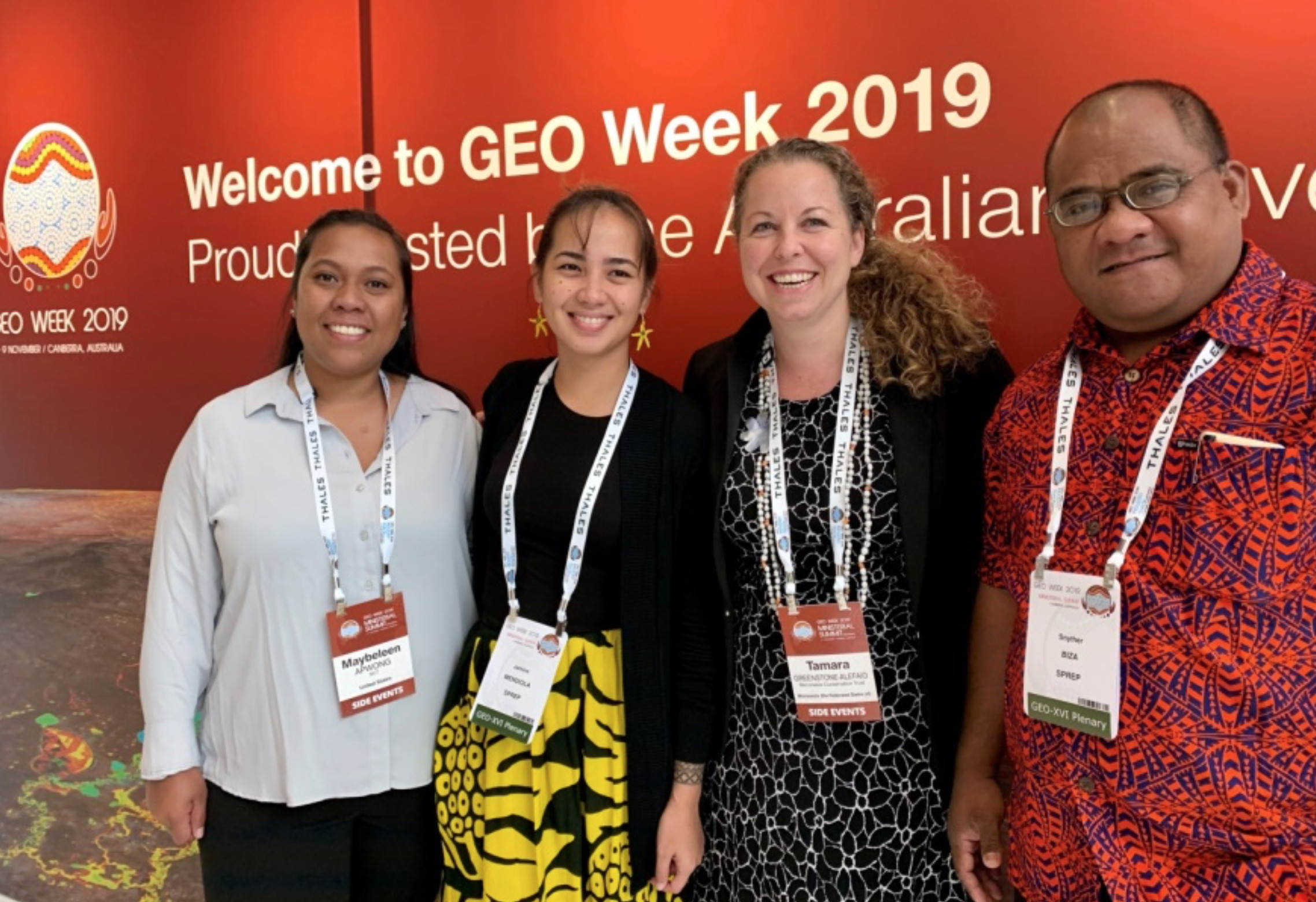

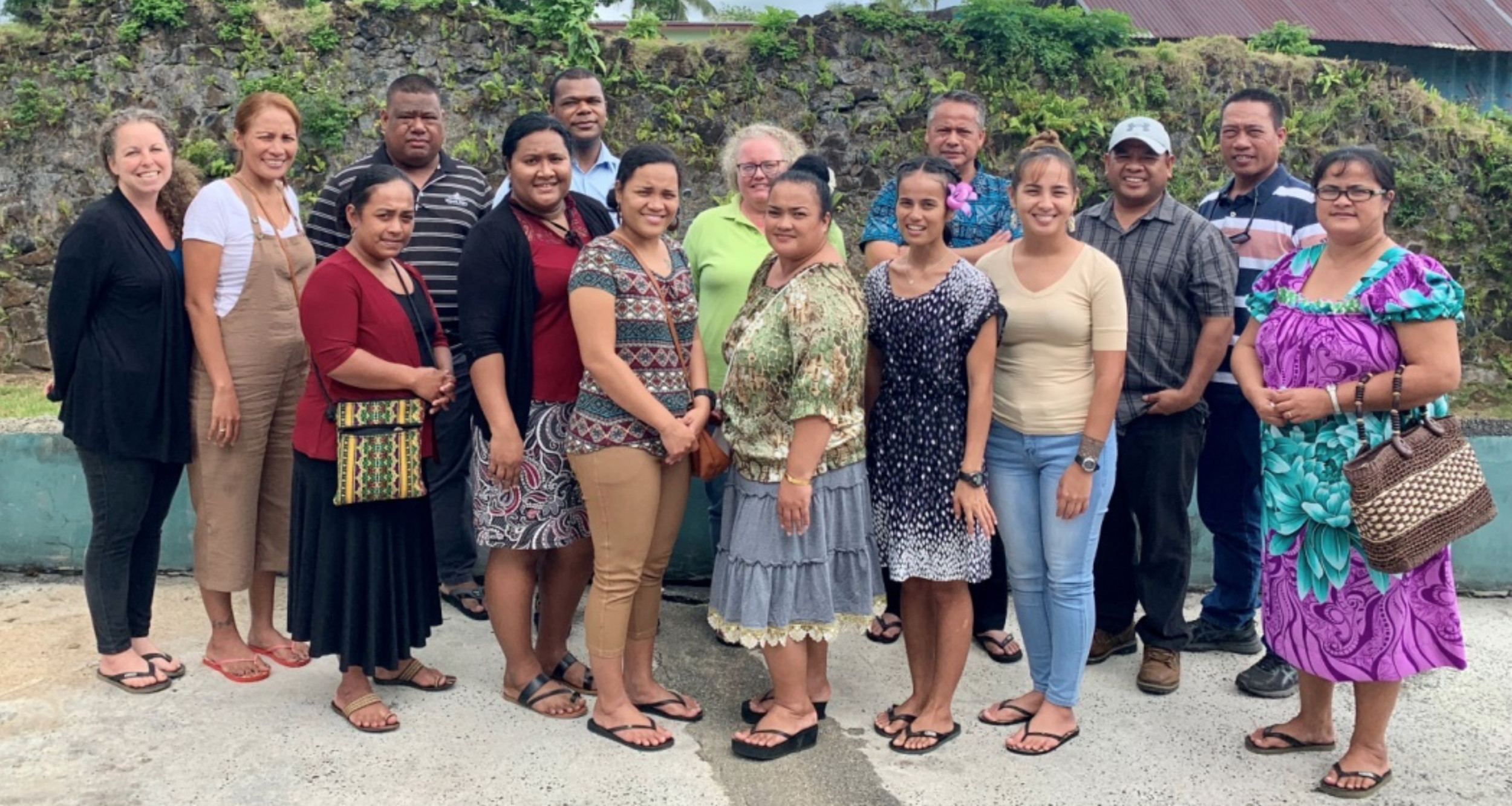

“Having attended our first ever GEO Ministerial meeting in Canberra last year, MCT is excited to now be an official Participating Organization. As an NGO working across the Micronesia region in support of government, local NGO's and communities, MCT looks forward to our partnership with GEO to support the development of technology and scientific methods and tools for acquiring and analyzing earth observations to benefit communities with Conservation and Climate Change resilience across the region,” said Tamara Greenstone-Alefaio, Conservation Program Manager, Micronesia Conservation Trust
Pan American Institute of Geography and History (PAIGH)
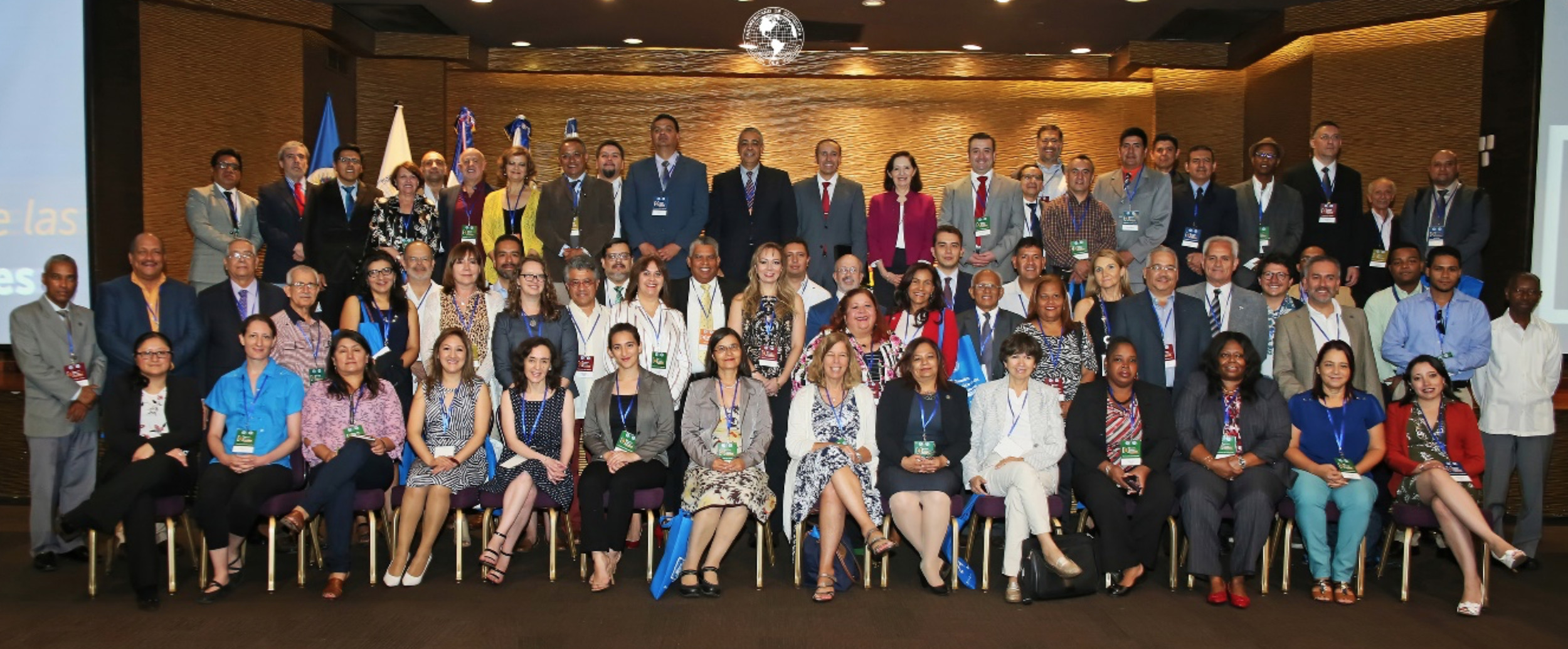

“What we hope to achieve together is to establish a cooperation mechanism between the PAIGH and AmeriGEO to boost the importance of the information produced by the official mapping agencies as a national reference. That should also be an international benchmark to maintain coherence between national and global policies. Also, to work together to develop the Pan American and Caribbean Spatial Data Infrastructure (SDI),” explained Cesar Rodriguez, Secretary General, PAIGH.
Plan4all


“Plan4all as a global association is dealing with Earth observation and geospatial data in general, at European and global scales in the agriculture, transport and spatial planning domains. Plan4all is creating European and global datasets and makes them available for reuse by various communities, for example the Open Land Use map, Smart Points of Interest and Open Transport Map. A part of this collaborative work is organisation of INSPIRE Hackathons in Europe, Africa and South America with focus on capacity building and innovation. We believe that our membership in GEO will help us to better link our activities with global communities and help to support innovation in Earth observation,” said Plan4all Committee Member Karel Charvat.


The United Nations Economic Commission for Europe (UNECE) was set up in 1947, and is one of five regional commissions of the United Nations. It aims is to promote pan-European economic integration. UNECE has a wide network and strong convening power for national experts across its region. This can help GEO to broaden its outreach, particularly amongst countries in the Balkans, Eastern Europe, the Caucasus and Central Asia. GEO has been contributing to discussions at UNECE to advance access to Earth observation information through the Convention on Access to Information, Public Participation in Decision-making and Access to Justice in Environmental Matters (also referred to as the Aarhus Convention). Read more here.
“Effective implementation of the environmental policies in countries very much depends on the availability of well-structured, user-friendly and interoperable environmental information systems. Such systems have great potential to support evidence-based decision making, to identify emerging environmental and the related health risks, and to raise public awareness,” said Ms. Valentina Tapis, the Chair of the Convention’s Task Force on Access to Information. “Due to rapid developments in this field, exchange of good practices and lessons learnt at international level is crucial for advancing effective access to information across the region and beyond. I welcome a valuable cooperation with the Group on Earth Observations in this regard and very much looking forward to continue the future work in synergy.”
AmericaView


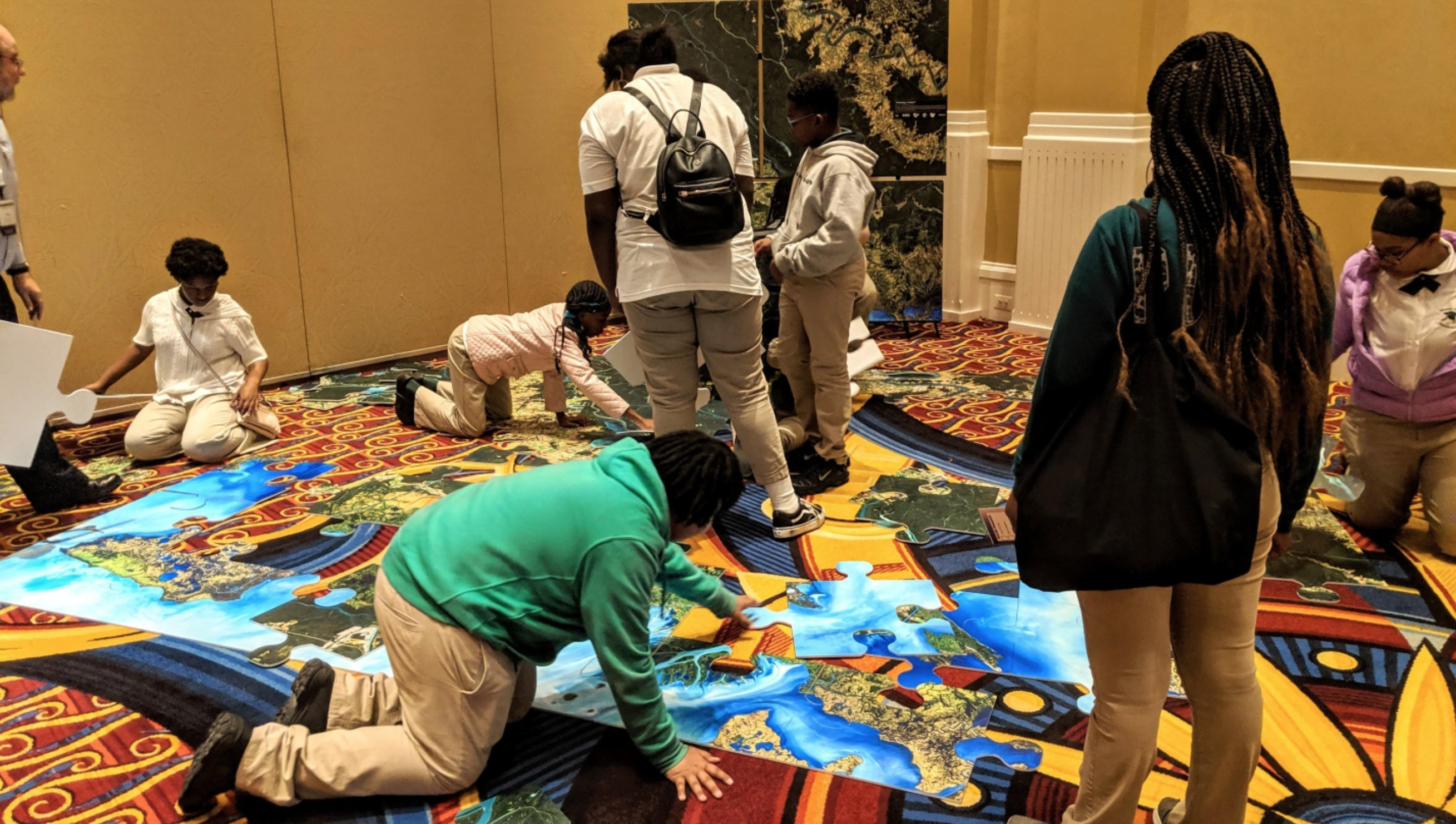

"AmericaView is honored to become part of the global GEO community. AmericaView was founded on the principles of advancing Earth observation (EO) science through education and outreach, workforce development, applied research, and technology transfer to the public and private sectors. The AmericaView mission aligns strongly with the goals and objectives of GEO, its vision and mission, and the GEO Work Programme. AmericaView looks forward to beginning its work with GEO in areas where synergies will be realized and where the AmericaView network can assist in the accomplishment of GEO goals," said Christopher McGinty, AmericaView Executive Director.
Eversis
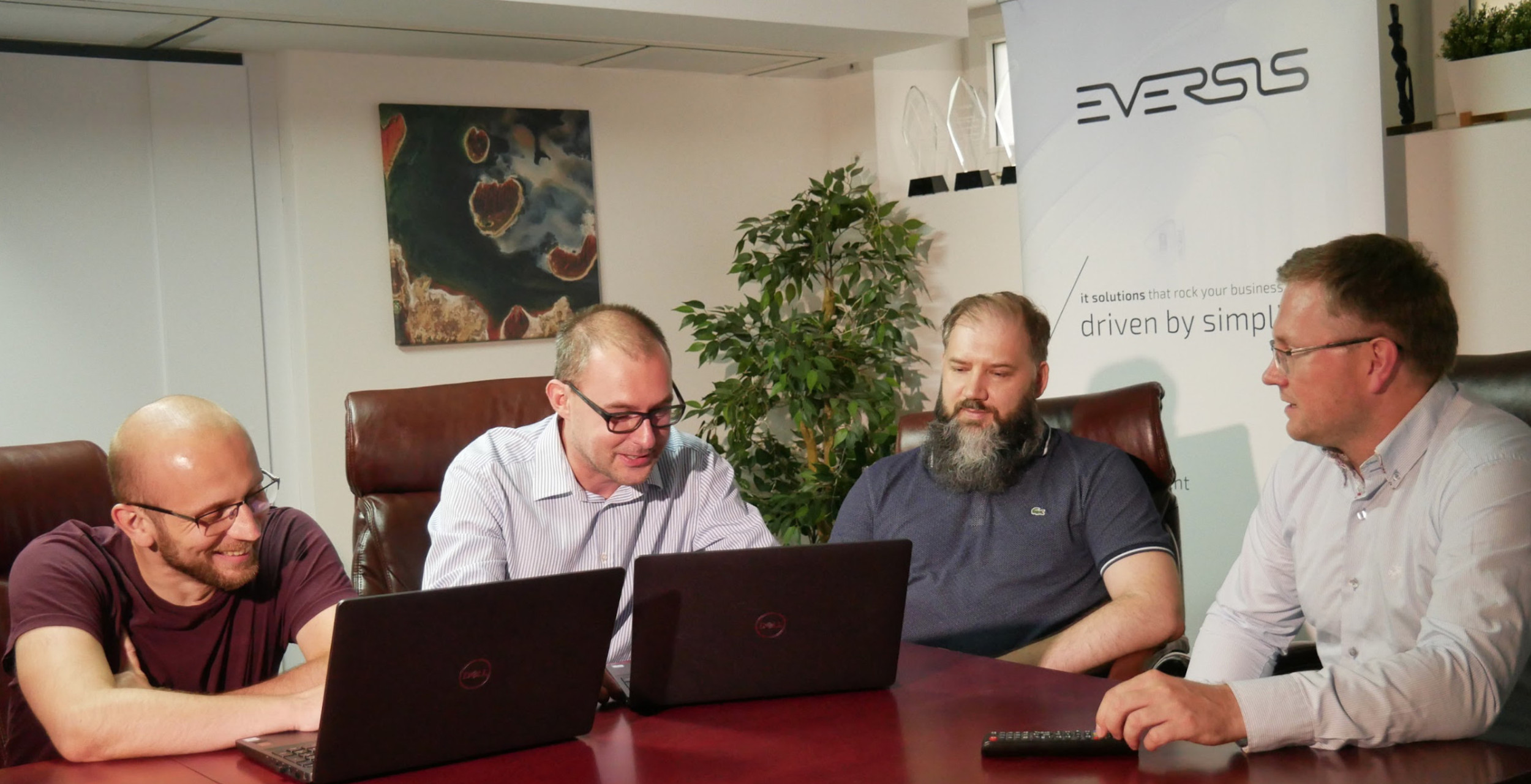

Eversis was recently announced as one of the 32 winning projects to be supported by the GEO- Google Earth Engine Programme. “We're very excited to have been selected to work on the Fire Hazard Warning System project and build on our experience with GEE technology. We hope that this System will fill in some gaps in the accurate risk reduction predictions and communication. We believe it will help us better understand natural phenomena, their causes and nature, which is crucial at the time when our natural environment changes so quickly and unpredictably. We are glad we can contribute to the application of science in creating a safer world for all of us,” said Piotr Zaborowski, Business Development Manager at Eversis.
More about GEO
GEO supports UN Member States to advance access to open Earth observations to support policies and approaches to climate change, disaster risk reduction and sustainable development. GEO offers all countries the opportunity to benefit from collective knowledge, expertise and skills to develop national Earth observations programmes for research, policy development, decisions and action.
If you are interested in joining GEO, please visit the website here.